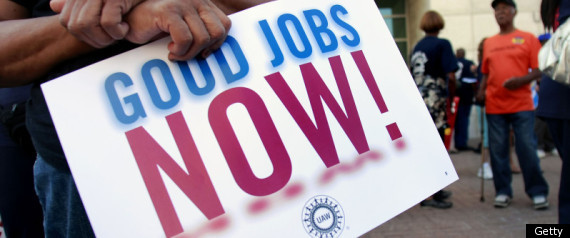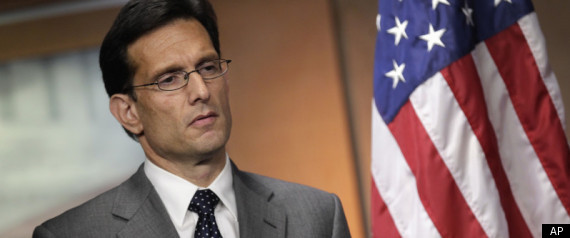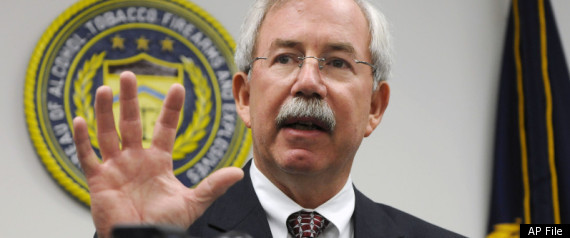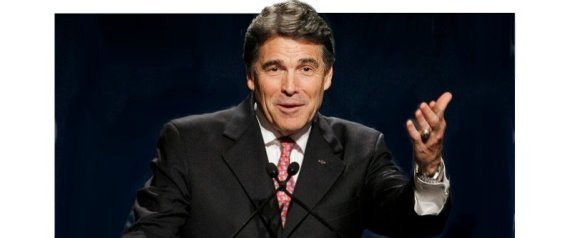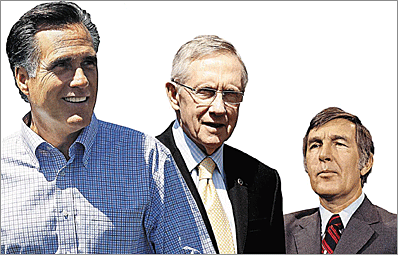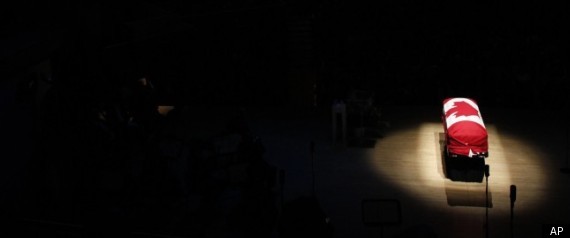 Below is the eulogy delivered by NDP statesman Stephen Lewis during Jack Layton’s funeral:
Below is the eulogy delivered by NDP statesman Stephen Lewis during Jack Layton’s funeral:
Never in our collective lifetime have we seen such an outpouring, so much emotional intensity, from every corner of this country. There have been occasions, historically, when we’ve seen respect and admiration but never so much love, never such a shocked sense of personal loss.
Jack was so alive, so much fun, so engaged in daily life with so much gusto, so unpretentious, that it was hard while he lived to focus on how incredibly important that was to us, he was to us. Until he was so suddenly gone, cruelly gone, at the pinnacle of his career.
To hear so many Canadians speak so open-heartedly of love, to see young and old take chalk in hand to write without embarrassment of hope, or hang banners from overpasses to express their grief and loss. It’s astonishing.
Somehow Jack connected with Canadians in a way that vanquished the cynicism that erodes our political culture. He connected whether you knew him or didn’t know him, whether you were with him or against him.
Jack simply radiated an authenticity and honesty and a commitment to his ideals that we know realize we’ve been thirsting for. He was so civil, so open, so accessible that he made politics seem so natural and good as breathing. There was no guile. That’s why everybody who knew Jack recognized that the public man and the private man were synonymous.
But it obviously goes much deeper than that. Jack, I think, tapped into a yearning, sometimes ephemeral, rarely articulated, a yearning that politics be conducted in a different way, and from that difference would emerge a better Canada.
That difference was by no means an end to rancour, an end to the abusive, vituperative practice of the political arts. The difference was also, and critically, one of policy – a fundamentally different way of viewing the future of Canada.
His remarkable letter made it absolutely clear. This was a testament written in the very throes of death that set out what Jack wanted for his caucus, for his party, for young people, for all Canadians.
Inevitably, we fastened on those last memorable lines about hope, optimism and love. But the letter was, at its heart, a manifesto for social democracy. And if there was one word that might sum up Jack Layton’s unabashed social democratic message, it would be generosity. He wanted, in the simplest and most visceral terms, a more generous Canada.
His letter embodies that generosity. In his very last hours of life he wanted to give encouragement to others suffering from cancer. He wanted to share a larger, bolder, more decent vision of what Canada should be for all its inhabitants.
He talks of social justice, health care, pensions, no one left behind, seniors, children, climate change, equality and again that defining phrase, “a more inclusive and generous Canada.” All of that is entirely consistent with Jack’s lifelong convictions. In those early days of municipal politics in Toronto Jack took on gay and lesbian rights, HIV and AIDS, housing for the homeless, the white ribbon campaign to fight violence against women and consecrate gender equality once and for all.
And of course a succession of environmental innovations, bike lanes, wind power, the Toronto atmospheric fund – and now Michael, his progressive and talented son, as councillor can carry the torch forward.
And then came his tenure as president of the Canadian Federation of Municipalities, where he showed that growing deftness of political touch in uniting municipalities of all sizes and geographic locations, winning their recognition of the preeminence of cities and the invaluable pillar of the public sector. Jack made the leap to federal politics look easy.
The same deeply held principles of social democracy that made him a superb politician at the city level, as I know, transferred brilliantly to federal politics. And also, from the many wonderful conversations we had together, I know led him to a formidable commitment to internationalism.
He was fearless in his positions once embraced. Thus, when he argued for negotiations with the Taliban to bring the carnage in Afghanistan to an end he was ridiculed but stood firm. And now it’s conventional wisdom. I move to recall that Jack came to the New Democratic Party at the time of the imposition of the War Measures Act, when tanks rolled into the streets of Montreal and civil liberties were shredded, and when the NDP’s brave opposition brought us to our nadir in public opinion.
But his convictions and his courage were intertwined – yet another reason for celebrating Jack and for understanding the pain and sadness with which his death has been received.
Above all – and his letter makes this palpably clear – Jack understood that we are headed into even more perilous economic times. He wanted Canadians to have a choice between what he described as the unfairness of an economy that excludes so many from our collective wealth, and an economy that would embrace equity, fairness, balance and creative generosity.
This was the essence of the manifesto. That’s why he insists that we’re a great country, but we can be a better one – a country of greater equality, justice and opportunity. These were not rhetorical concepts to Jack. They were the very core of his social democratic philosophy. He was prepared to do ideological battle, but as all things with Jack there was nothing impulsive or ill-considered.
He would listen as he always listened – he was a great listener – he would synthesize thoughtfully as he always did, and he would choose a political route that was dignified, pragmatic and principled. He was so proud of his caucus and what they would do to advance the agenda of social democracy.
He cultivated and mentored every member of that caucus, and as the country will see, that will speak volumes in the days ahead.
The victory in Quebec – and I will be followed by a eulogist in the francophone language – the victory in Quebec was an affirmation of Jack’s singular personal appeal, reinforced by Quebec’s support for progressive values shared by so many Canadians. And his powerful belief and trust in youth to forge the grand transformation to a better world is by now legendary. Indeed, the reference to youth spawns a digression.
From time to time, Jack and I would meet in the corridors of my foundation, where his supernaturally competent daughter Sarah works, and we would invariably speak of our grandchildren. You cannot imagine – I guess you saw it in the video – the radiating joy that glowed from Jack as he talked of Sarah’s daughter, his granddaughter Beatrice, and when he said as he often said that he wanted to create a better world for Beatrice and all the other Beatrices to inherit, you instantly knew of one of his strongest and most compelling motivations.
He was a lovely, lovely man. Filled with laughter and affection and commitment. He was also mischievous and musical, possessed of normal imperfections but deeply deserving of the love you have all shown. His indelible romance with Olivia was beautiful to behold, and it sustained them both.
When my wife and I met with the family a few hours after Jack died, Olivia said, as she said in the video, that we must look forward to see what we all can accomplish together.
I loved Jack’s goodness and his ideals in equal measure. Watching all of you react so genuinely to his death, the thousands upon thousands who lined up for hours to say a last goodbye in Ottawa and Toronto, it’s clear that everyone recognized how rare and precious his character was.
We’re all shaken by grief but I believe we’re slowly being steadied by a new resolve and I see that resolve in words written in chalk and in a fresh determination on people’s faces. A resolve to honour Jack by bringing the politics of respect for all, respect for the Earth and respect for principle and generosity back to life.
My wife Michele reminded me of a perfect quote from the celebrated Indian novelist, activist and feminist Arundhati Roy. Jack doubtless knew it. He might have seen it as a mantra. “Another world is not only possible, she is on her way. On a quiet day I can hear her breathing.”
Thank you Jack.
Origin
Source: Globe&Mail
